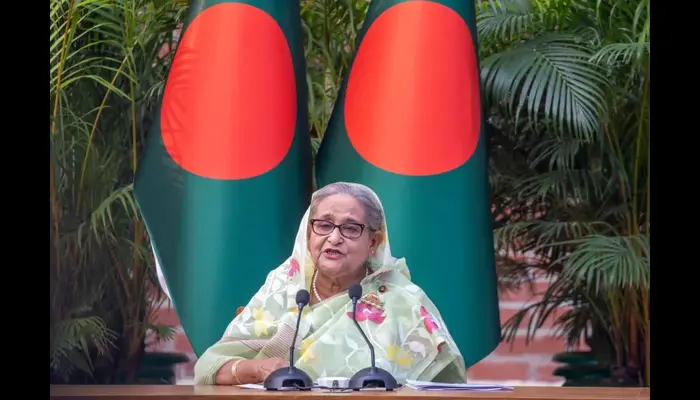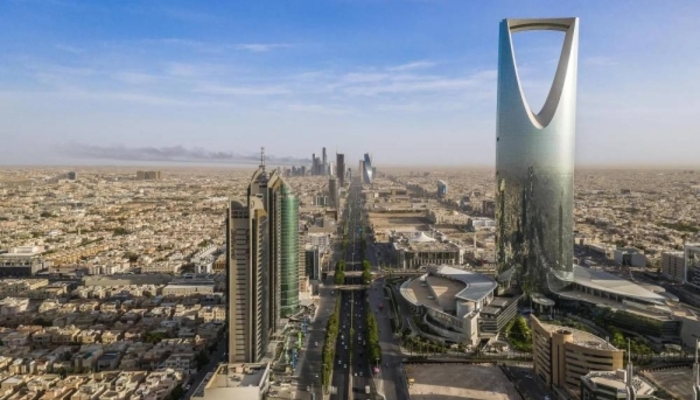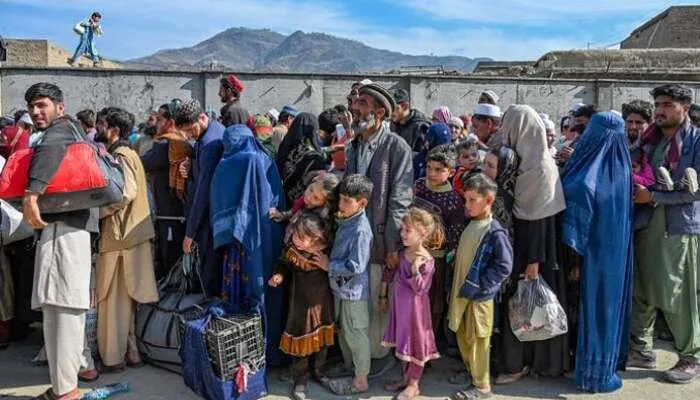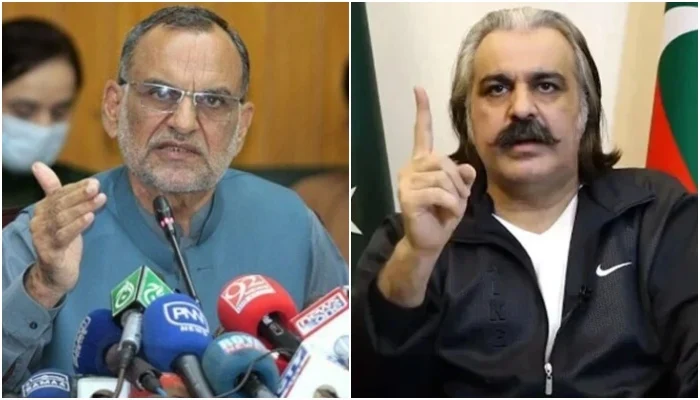
Bangladesh’s Prime Minister, Sheikh Hasina, has resigned and fled the country following weeks of intense protests and violent clashes that led to hundreds of deaths. This dramatic turn of events marks a significant moment in the country’s recent history.
Sheikh Hasina, who has been in power for 15 years, stepped down on Monday. The resignation came after a student-led protest against a government job quota system expanded into a broader movement demanding her removal. The unrest rapidly escalated into one of the most severe political crises of her tenure.
The situation reached a tipping point as tens of thousands of people gathered around government buildings and residences in Dhaka, the capital city. In response to the escalating chaos, Hasina, accompanied by her sister, was whisked away by an army helicopter. Reports confirm that she has landed in New Delhi, India.
In the wake of Hasina’s departure, Bangladesh’s army chief, General Waker-Uz-Zaman, announced that an interim government would now oversee the nation. However, he did not provide further details about the new administration or its plans.
Related News: Army Establishes Interim Govt, Sheikh Hasina Flees Bangladesh
Global Reactions to the Crisis
International reactions to the crisis following Sheikh Hasina’s resignation and departure highlight widespread concern and calls for a peaceful and democratic transition in Bangladesh
Tarique Rahman
The acting chairman of the Bangladesh Nationalist Party, currently living in exile in the UK, commented on the situation via X (formerly Twitter). Rahman stated that Hasina’s resignation demonstrates the power of the people. He urged for a collective effort to rebuild Bangladesh into a democratic and developed nation, emphasizing the protection of all citizens’ rights and freedoms.
UK Prime Minister’s Office
A spokesperson for UK Prime Minister Keir Starmer expressed concern over the violence and loss of life, including among students and law enforcement officers. The spokesperson condemned the violence, asserting that the right to peaceful protest must be upheld and calling for the release of peaceful protesters and fair legal processes for those charged.
Bangladeshi Diaspora in the UK
In Whitechapel, a London area with a large Bangladeshi community, people took to the streets to celebrate. Many waved the Bangladeshi flag and honked their car horns, chanting “Bangladesh! Bangladesh!” Abu Sayem, 50, declared that the country had achieved its “second independence,” referring to the end of Hasina’s autocratic rule. He criticized Hasina’s government for suppressing rights and causing the deaths of thousands. Cab driver Ishtiaque Choudhury expressed relief and happiness, noting the significance of the political change for his nation.
Germany
A spokesperson from Germany’s foreign ministry emphasized the importance of Bangladesh maintaining its democratic path amidst the current unrest.
European Union
The EU has called for a “peaceful and orderly” transition to democratic rule in Bangladesh. EU foreign policy chief Josep Borrell urged calm and restraint, stressing the need for a transition to a democratically elected government that respects human rights and democratic principles.
US Senator Chuck Schumer
The Senate Majority Leader praised the protesters for their bravery and called for justice for those killed. He stressed the need for a balanced interim government that respects all rights and quickly sets up democratic elections.
UN Special Rapporteur Irene Khan
Irene Khan, the UN special rapporteur on freedom of expression, commented that the army now faces a challenging task. She hoped for a peaceful transition and accountability for recent human rights violations, including the deaths of around 300 people in the past three weeks. Khan noted that Bangladesh now faces a significant task to recover and rebuild, stressing the importance of respecting human rights during this period.
Amnesty International
Taqbir Huda, Amnesty International’s South Asia researcher, noted that much of the violence might have been prevented if Hasina’s government had responded more effectively to the students’ demands. He highlighted the need for the military’s role to be temporary until a more permanent governance structure can be established.
India
Indian Prime Minister Narendra Modi’s government has yet to comment officially on Hasina’s resignation. However, India has issued a “high alert” along its lengthy border with Bangladesh. Modi’s government was known for its close ties with Hasina’s administration, making the situation particularly sensitive for the neighboring country.
The unfolding situation in Bangladesh is being closely watched by the international community. The next steps in the country’s political evolution will be critical in determining its future stability and democratic integrity.
Read More: OIC Calls Urgent Meeting on Israel’s Atrocities, Haniyeh’s Killing













